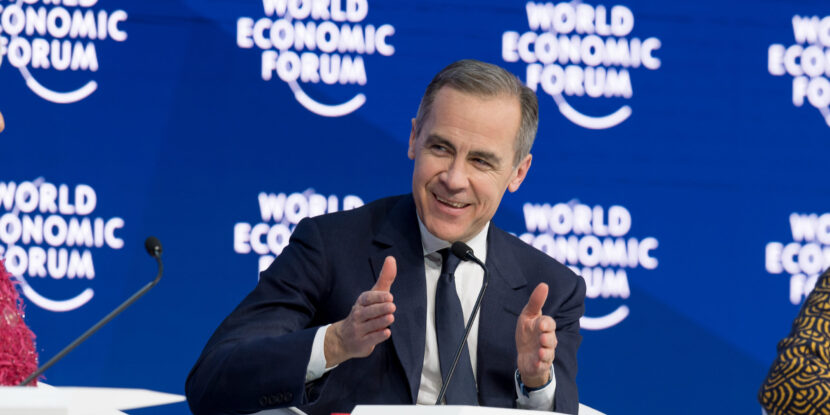The first post-Justin Trudeau Canadian federal election campaign has entered its final week, and the race between the two leading parties, the leftist Liberals and the notionally center-right Conservatives, has tightened. Early voting took place over the Easter weekend, and a record number of people showed up at the polls, which could indicate a high turnout overall.
The election comes after former Prime Minister Justin Trudeau resigned after nearly a decade in power, after a political career embroiled in scandal after scandal. The Canadian parliament was suspended as Trudeau’s Liberals engaged in an internal leadership race that saw globalist former Bank of England head Mark Carney win the vote.
TRUDEAU LESS POPULAR THAN LIBERALS.
At the time of Trudeau’s resignation, the Conservatives, led by Pierre Poilievre, were projected to win a large majority in the legislature, and were ahead of the Liberals by as much as 20 percent or more. However, in January, the Liberals began to see a surge of support. When new Prime Minister Mark Carney called the federal election in March, they were ahead of the Conservatives.
There are several reasons why the Liberals saw the surge in support. The first is that Justin Trudeau’s resignation shows that many Canadians were personally sick of him leading the country, rather than tired of the Liberal party as a whole.
Animosity toward Trudeau regularly saw him heckled in public, and many have not forgiven him for declaring emergency powers to crush anti-lockdown Freedom Convoy protests in February 2022.
TARIFFS.
Another major factor has been the election of President Donald J. Trump in the U.S. and his promised tariffs on Canadian-produced goods. The tariffs provoked a backlash from many Canadians, with even Conservatives like Ontario Premier Doug Ford promising to retaliate by removing American liquor from government-owned stores and potentially stopping the supply of electricity to the U.S.
Prime Minister Mark Carney has made similar comments about retaliatory tariffs, though his government agreed to negotiate with the Trump administration on the issue earlier this month. Much of Carney’s campaign has been aimed at painting Carney as someone who will stand up to President Trump.
Conservative leader Pierre Poilievre, meanwhile, did not make the same promises to retaliate or combat President Trump. Instead, Poilievre has maintained that if elected Prime Minister of Canada, he will negotiate with the Trump administration on any tariffs against Canada.
“I will be out there every day outlining my plan to protect Canada against American tariffs, but I will also unapologetically be out there talking about my plan to build more homes, get people off drugs and into recovery, fix the budget, and keep inflation down,” Poilievre said earlier this month.
CARBON TAX.
While Justin Trudeau was still in office, Poilievre heavily campaigned to scrap the Canadian carbon tax, which impacted the prices of many goods and services. While the Liberals under Trudeau constantly claimed that Canadians got more money back through carbon rebates, one of Mark Carney’s first policies was to scrap the tax for consumers himself.
By abolishing the consumer carbon tax, Carney eliminated a major issue for the Conservatives, making Poilievre’s particular pitch to voters less clear—especially considering his weakness on mass migration.
Last week, various Canadian political leaders participated in English-language and French-language debates. Subsequent polling revealed that Canadians saw no clear winners in either debate.
CARNEY POLLING AHEAD.
The newest polling release on Monday, April 21, continues to put Carney’s Liberals in the lead with 43.7 percent of the vote to 36.3 percent for the Conservatives. Should the polling hold, the Liberals will win a majority in the House of Commons.
A future Liberal government could look a lot like former Liberal governments, as Mark Carney has expressed support for transgender therapies for children, including sex change procedures. Carney is also close to China, with Chinese Communist Party (CCP) linked social media channels actively supporting his campaign.

